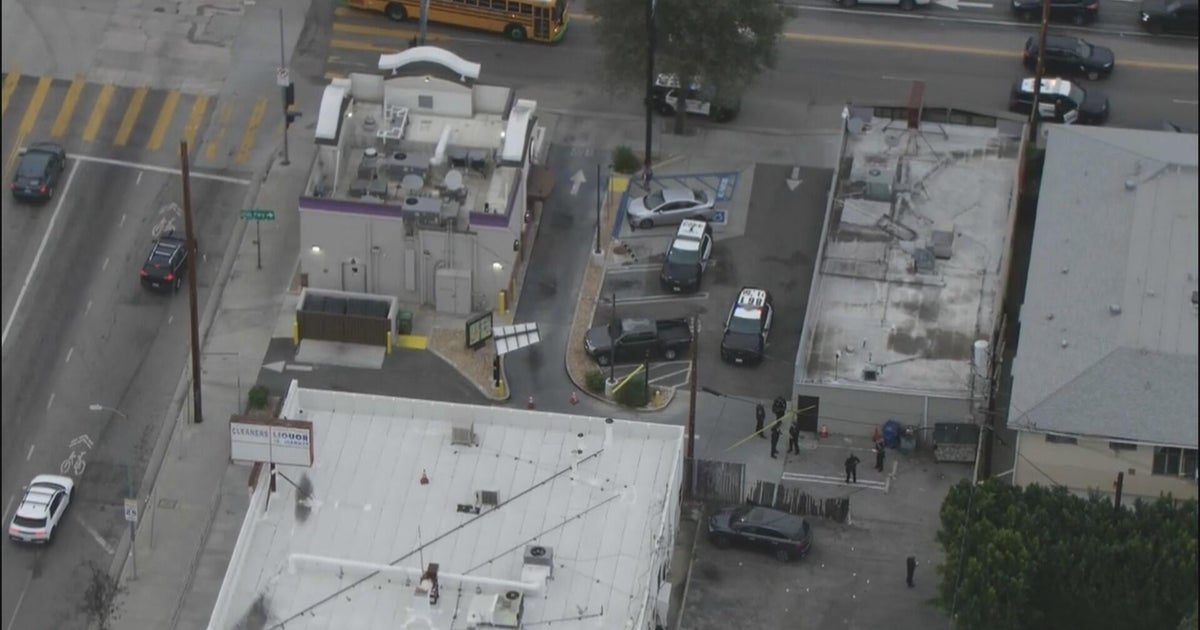Mikulski Demands Faster Fort Detrick Cleanup
HAGERSTOWN, Md. (AP) -- A 2009 federal study that concluded groundwater contamination from Fort Detrick was unlikely to have harmful health effects was flawed, a national scientific panel said Monday, prompting two U.S. senators to demand a faster cleanup of the Superfund site in Frederick.
The National Research Council committee said the study by the U.S. Department of Health and Human Services should have concluded the chemically tainted groundwater presented an indeterminate health hazard.
The panel also urged Maryland's public health agency to further analyze data showing higher rates of lymphoma in neighborhoods near Fort Detrick than in the state as a whole. The committee said those findings, reported in October, were scientifically sound and further analysis could lead to a better understanding of the numbers.
The Army sponsored the review of the two studies. Fort Detrick spokesman Rob Sperling called it "a good report."
"We had this done, and this is why we wanted to have this done. We wanted to ultimately have the `supreme court' of environmental and research academies look at this," Sperling said. "We care about the health and well-being of our employees, the people here, our tenants and the communities."
He said the pollution investigation, which began in 1991, includes plans for a dye tracer study to track the most likely historical movement of contaminants off-post, as recommended by the scientific panel. The groundwater is contaminated with the cancer-causing solvent trichloroethylene and the suspected carcinogen tetrachloroethylene, apparently from barrels buried more than 40 years ago in a section called Area B.
A draft cleanup plan submitted to the Environmental Protection Agency in September proposed having a remedy in place by February 2019 and a completed response by February 2020.
Sen. Barbara Mikulski, D-Md., said Monday that a speedier cleanup is needed.
"Efforts to clean up the Area B landfill must be accelerated and must be aggressive," she said in a statement.
Sen. Ben Cardin, D-Md., urged the Army and EPA "to move forward as quickly as possible" on the cleanup.
The EPA added Area B to its National Priorities List of the nation's most polluted sites in 2009.
Sperling said the Army wants to meet the senators' objectives.
"We truly are going as fast as we possibly can," he said.
The research council said the scientific soundness of the 2009 DHHS study was undermined by the sparse availability of groundwater measurements before 1992.
The state Department of Health and Mental Hygiene said in October that its review of Frederick County cancer data found no evidence of a cancer cluster. But the agency found that the incidence of lymphoma, a type of cancer, within a mile of Fort Detrick from 1992 to 2008 was 25 percent higher than in the state as a whole. There was no statistically significant difference between the Fort Detrick area and the rest of Frederick County.
The science panel also said the Army should communicate more effectively the results of its pollutions studies. The committee cited "a legacy of mistrust" among neighbors of Fort Detrick, stemming from secrecy about offensive biological weapons research conducted there from the 1940s to the early 1970s, and defensive bioweapons research since then.
The post is home to the military's flagship biodefense laboratory, the U.S. Army Medical Institute of Infectious Disease. The lab is part of a national biodefense campus that includes several civilian government agencies.
(Copyright 2012 by The Associated Press. All Rights Reserved.)







